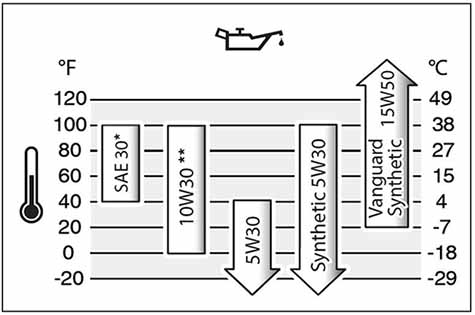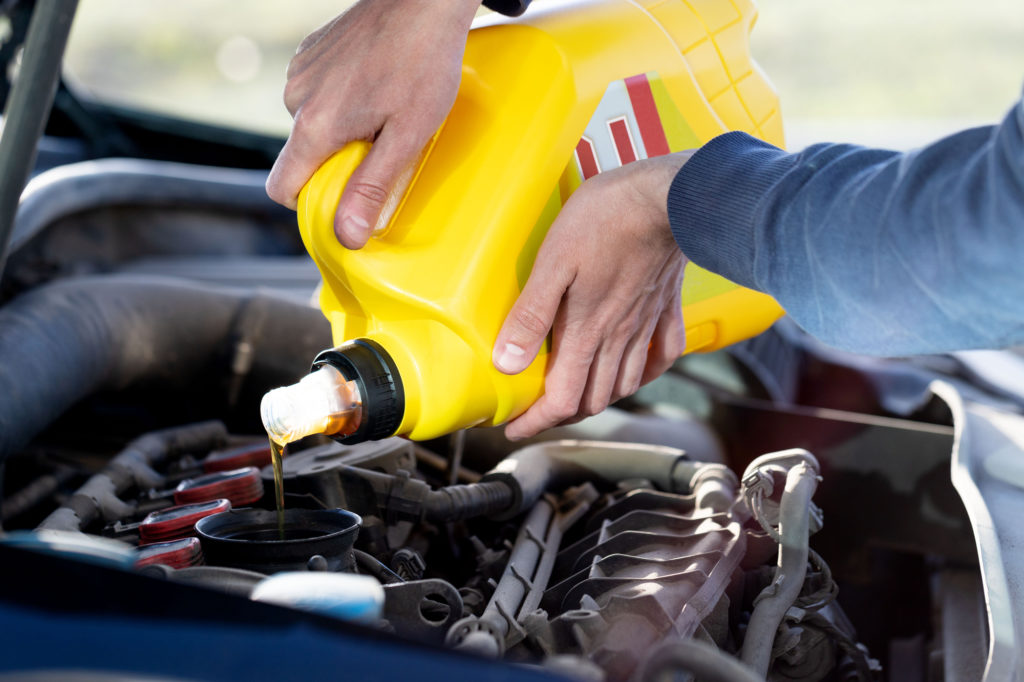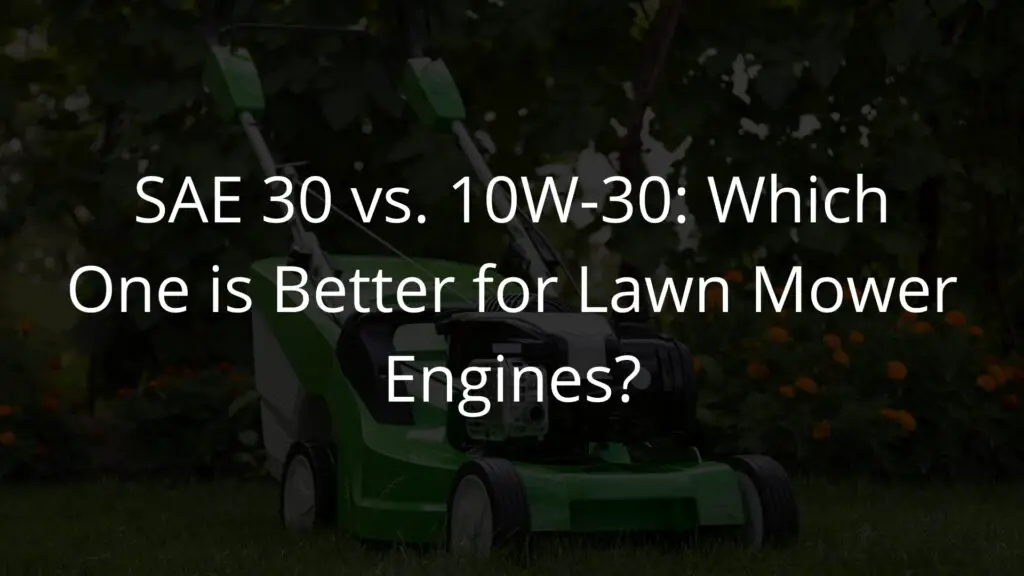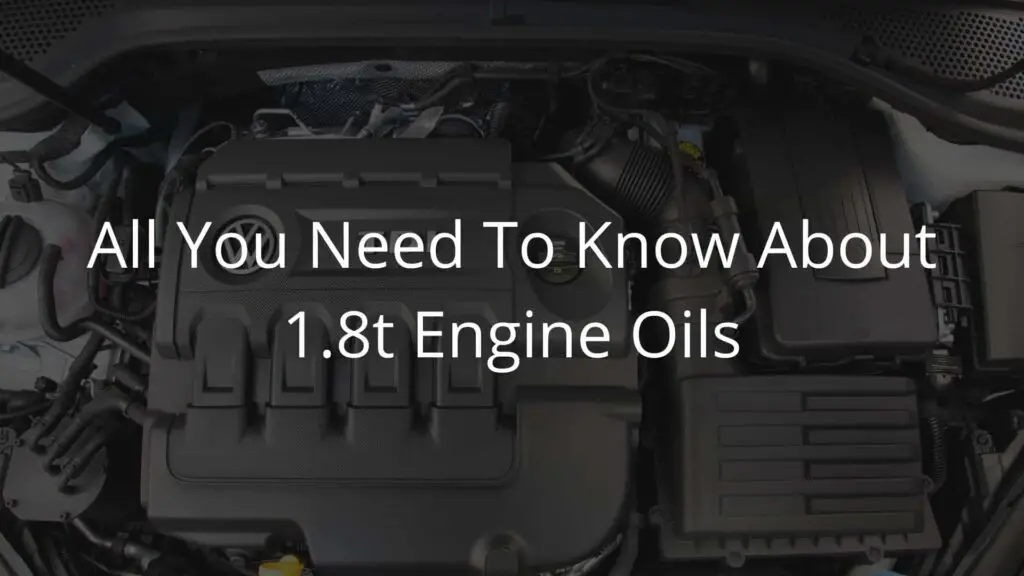When choosing the right motor oil for a lawn mower engine, the debate between SAE 30 and 10W-30 is common. Each of these oils has its own pros and cons that can make it better or worse for a specific lawn mower engine.
This article will compare SAE 30 vs. 10W-30 to help you decide when to go with which one.
- What Is SAE 30 Engine Oil? Where Is It Used?
- What Is 10W-30 Engine Oil? Where Is It Used?
- What Are the Major Differences Between SAE 30 and 10W-30 Oil?
- What Are the Similarities Between SAE 30 and 10W-30 Oil?
- What Are the Pros and Cons of Using SAE 30 Motor Oil?
- What Are the Pros and Cons of Using 10W-30 Motor Oil?
- When Should You Use SAE 30 Engine Oil for Your Lawn Mowers and Generators?
- When Should You Use 10W-30 Engine Oil for Your Lawn Mowers and Generators?
- Final Thoughts: SAE 30 vs. 10W-30 — Which One Is Better for Lawn Mower Engines?
- Frequently Asked Questions
What Is SAE 30 Engine Oil? Where Is It Used?
SAE 30 engine oil is a type of motor oil designed for use in small engines such as those found in lawnmowers, generators, and outdoor power equipment. It offers high viscosity for optimal lubrication, protection, and smooth engine operation. Its thermal stability and resistance to oxidation make it an ideal choice for outdoor equipment that is exposed to warm weather and harsh conditions.

SAE 30 engine oil provides an excellent protective thicker oil layer to engine components, ensuring their longevity and durability. If you’re looking for reliable and high-quality engine oil for your small engine equipment, SAE 30 engine oil is an excellent choice that will meet your needs.
What Is 10W-30 Engine Oil? Where Is It Used?
10W-30 engine oil is a type of multigrade motor oil that is formulated with a viscosity rating of 10 at low temperatures and 30 at high temperatures. This oil is designed to provide optimal protection to engine components in a wide range of operating conditions. 10W-30 engine oil is commonly used in passenger cars and light trucks as well as in some small engines.
Its multigrade formulation allows it to flow easily at low temperatures, providing quick lubrication during cold starts, while also maintaining its protective properties at high temperatures. This makes it a versatile and reliable choice for a variety of vehicles and equipment.
In other words, whether you’re driving on the highway or mowing the lawn, 10W-30 engine oil is a reliable and high-quality choice for your engine’s needs.
What Are the Major Differences Between SAE 30 and 10W-30 Oil?
Here are some major differences between SAE 30 and 10W-30 oil:
Viscosity
SAE 30 oil has a single viscosity rating of 30, while 10W-30 oil has a multigrade viscosity rating of 10 at low temperatures and 30 at high temperatures. This means that 10W-30 oil has better flow characteristics than SAE 30 oil at low temperatures, which can help provide better protection during cold starts.
Cold Weather Performance
10W-30 oil is designed to flow easily at low temperatures, providing quick lubrication during cold starts, while SAE 30 oil may be too thick and slow to flow in cold weather. This can result in increased wear and tear on engine components and reduced fuel efficiency.
Versatility
10W-30 oil is more versatile and can be used in a wider range of vehicles and equipment, while SAE 30 oil is typically used in smaller engines such as lawnmowers and generators. 10W-30 oil is commonly used in passenger cars and light trucks as well as in some small engines, making it a more universal choice for many types of engines.
Temperature Range
SAE 30 oil is designed for use in high-temperature applications, while 10W-30 oil is formulated to provide protection and performance across a wider range of operating temperatures. This means that 10W-30 oil is better suited for use in engines that may experience a range of operating temperatures, such as those in passenger cars.
Additives
10W-30 oil may contain more additives than SAE 30 oil, such as detergents and dispersants, to help keep engines clean and running smoothly. These additives can help prevent the buildup of sludge and other deposits, which can prolong the life of an engine and improve its overall performance.
What Are the Similarities Between SAE 30 and 10W-30 Oil?
Here are some similarities between SAE 30 and 10W-30 oil:
Base Oil
Both SAE 30 and 10W-30 oils are made from the same type of base oil, typically petroleum-based mineral oil or synthetic oil. This means that they share many of the same chemical properties and characteristics.
Lubrication
Both SAE 30 and 10W-30 oils are designed to provide lubrication and reduce friction between engine components, which helps to prevent wear and tear and extend the life of the engine.
Protection
Both oils are formulated to provide protection against corrosion and oxidation, which can damage engine components and reduce performance.
Functionality
Both SAE 30 and 10W-30 oils are designed to meet the requirements of the SAE (Society of Automotive Engineers) for engine oils, which means that they meet certain standards for viscosity, performance, and quality.
Availability
Both oils are widely available and can be found at most auto parts stores and retailers.
It’s important to note that while SAE 30 and 10W-30 oils share some similarities, they are not interchangeable in all cases. The choice between these two oils will depend on the specific needs of your engine and the conditions in which it operates. Always consult your owner’s manual or a qualified mechanic to determine the correct oil for your engine.
What Are the Pros and Cons of Using SAE 30 Motor Oil?

Pros
- Provides excellent protection against engine wear and tear due to its high viscosity index
- Maintains a stable viscosity in high temperatures, ensuring consistent engine performance
- Reduces engine deposits and keeps the engine clean due to its detergency properties
- Suitable for older engines and equipment that require a single-grade oil
- Provides better fuel economy compared to multi-grade oils
Cons
- Not suitable for cold weather conditions due to its high viscosity, which can lead to difficult engine startups
- Can cause excessive engine wear and tear if used in high-performance engines that require a multi-grade oil
- Requires more frequent oil changes compared to synthetic oils
- Not suitable for use in newer vehicles that require a specific type of oil to meet the manufacturer’s requirements
- Can be more expensive compared to other single-grade oils on the market
What Are the Pros and Cons of Using 10W-30 Motor Oil?
Pros
- Provides good protection against engine wear and tear due to its multi-grade formulation
- Maintains stable viscosity in both cold and warm temperatures, ensuring consistent engine performance
- Suitable for use in a wide range of vehicles and equipment, including passenger cars, light-duty trucks, and boats
- Requires less frequent oil changes compared to single-grade oils
- Provides good fuel economy and low oil consumption
Cons
- Can cause engine deposits and sludge buildup if not changed regularly
- May not provide sufficient protection in extremely cold or hot temperatures compared to other multi-grade oils
- Not suitable for use in high-performance engines that require a specific type of oil to meet the manufacturer’s requirements
- May be more expensive compared to single-grade oils
When Should You Use SAE 30 Engine Oil for Your Lawn Mowers and Generators?
SAE 30 engine oil is a single-grade oil that is typically recommended for use in lawnmowers and generators that operate in warmer temperatures. It provides excellent protection against engine wear and tear, maintains a stable viscosity in high temperatures, and reduces engine deposits.
SAE 30 oil is particularly suitable for use in older engines and equipment that require a single-grade oil. However, it’s important to note that SAE 30 oil is not suitable for use in cold weather conditions and can cause difficult engine startups. If you live in an area with colder temperatures, it’s best to switch to a multi-grade oil that provides better cold-weather performance.
When Should You Use 10W-30 Engine Oil for Your Lawn Mowers and Generators?
10W-30 engine oil is a multi-grade oil that is commonly recommended for use in lawnmowers and generators that operate in a wide range of temperatures. It provides good protection against engine wear and tear, maintains a stable viscosity in both cold and warm temperatures, and requires less frequent oil changes compared to single-grade oils.
10W-30 oil is suitable for use in most lawnmowers and generators, including passenger cars, light-duty trucks, and boats. However, if you live in an area with extreme temperature variations, it’s important to check the owner’s manual for specific oil recommendations.
Final Thoughts: SAE 30 vs. 10W-30 — Which One Is Better for Lawn Mower Engines?
In conclusion, SAE 30 and 10W-30 are both good options for lawn mower engines. The main factor to consider when making a decision is the outside temperature in your area. If you live anywhere with cold temperatures, 10W-30 is likely the best choice due to its thicker viscosity and ability to flow better during cold weather starts.
For more information, check out our blog on engine oils.



